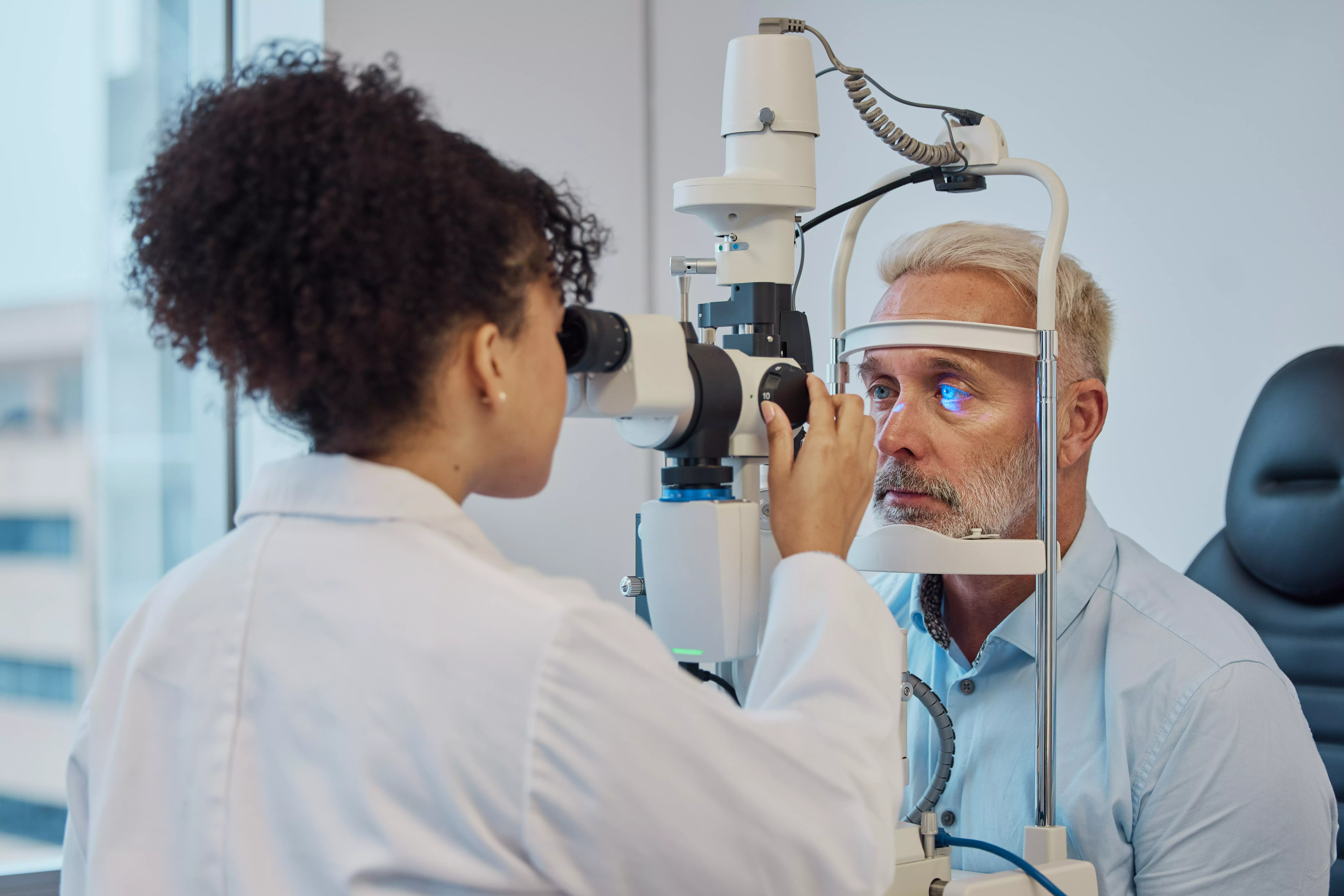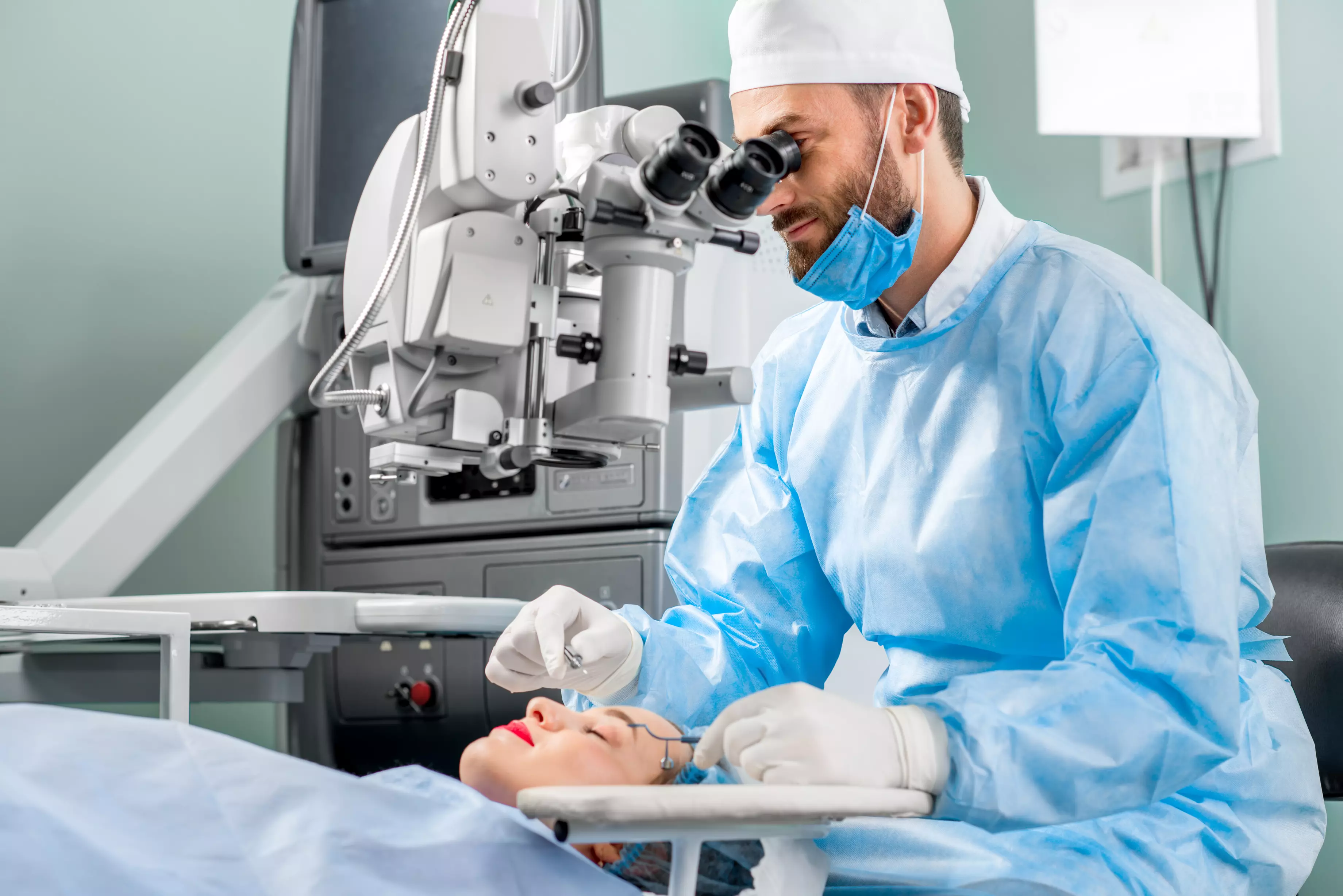Home
The fine line between light and dark, between seeing and not seeing, is our specialty. Welcome to ISOP-New.com - your guide to the rapidly changing world of ophthalmic pathology.
Who We Are
We are a team of global specialists and researchers focused on transforming the way ophthalmic pathologies are understood and treated around the world. Cutting-edge research, scientific advances, and cutting-edge technology are all tools with which we discover the most effective and innovative ways to combat eye disease every day.

Our Mission
Our goal is to create extensive knowledge and tools to help diagnose, treat and even prevent ophthalmic pathologies. We want as many people as possible around the world to enjoy good vision, regardless of age, gender or location.
What We Offer
Latest news - We regularly publish news on ophthalmic pathology science and research to keep our readers up to date with the latest discoveries.
Professional articles and publications - Our team of specialists share their knowledge and experience by publishing reliable, factual articles on various topics related to ophthalmic pathologies.
Discussion forum - We offer a platform for the exchange of experiences and ideas between specialists and people interested in ophthalmic pathology topics.
Database - We have created a comprehensive database containing detailed information on different types of ophthalmic pathologies, their symptoms, treatment methods, as well as prevention options.
Join us
It doesn't matter if you are a specialist, researcher, medical student or just a person interested in this topic. ISOP-New.com is the place for you. Stay up to date with the latest news, participate in discussions, share your knowledge and experiences. Join us and together let's contribute to the development of ophthalmology around the world.
We see a future where ophthalmic pathologies will no longer be a hindrance to anyone. You too can be a part of that future - together we can achieve more.
We invite you to explore the world of ISOP-New.com - your guide through the development of ophthalmic pathology.


